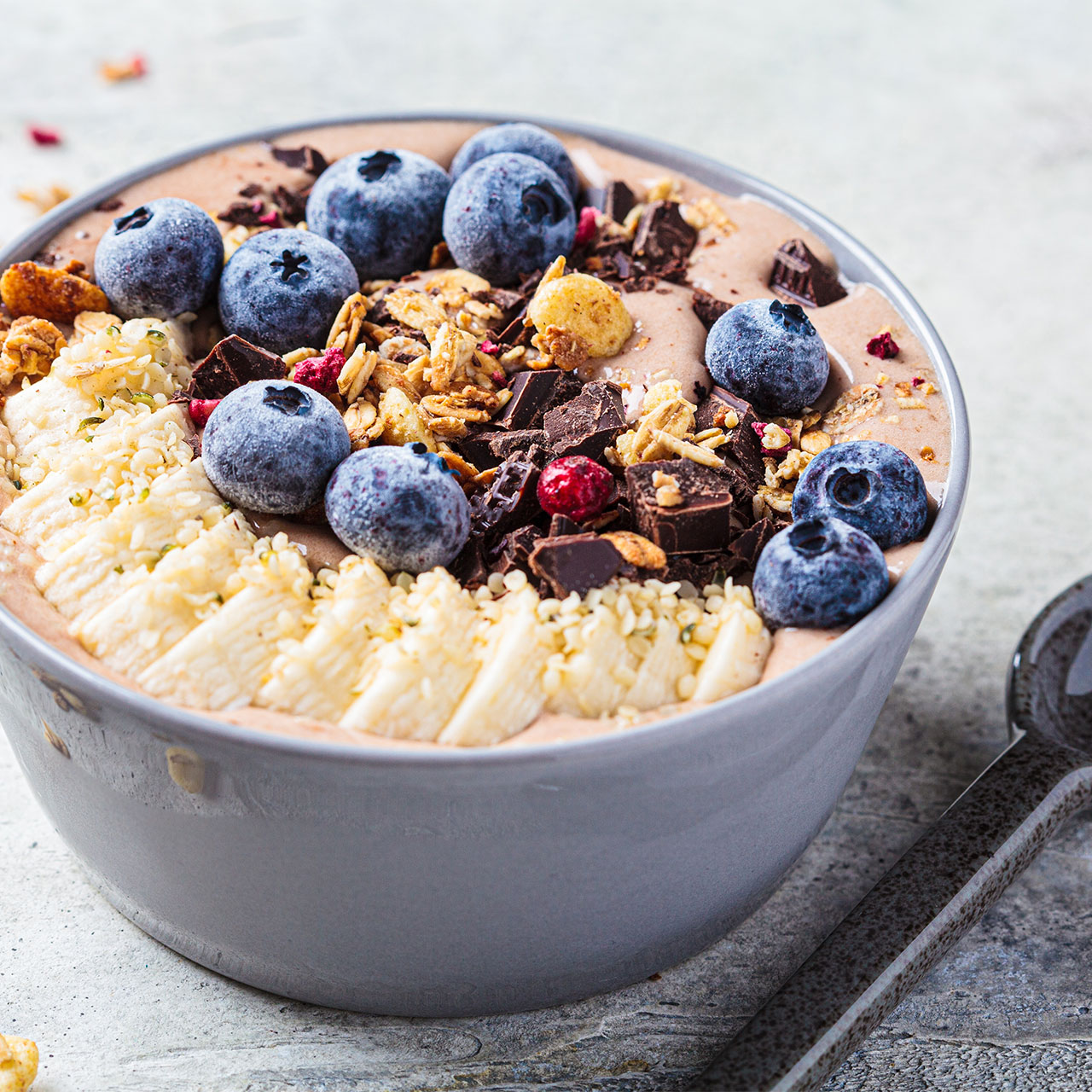Poor cognitive health is a common issue that comes with age—however, memory loss isn’t necessarily an inevitable part of aging, and there are many things you can do to keep your brain in great shape even as you grow older. In fact, many of the best habits to improve and preserve your cognitive health are simple enough to incorporate into your everyday life.
“There are several lifestyle modifications that you can implement to help to slow memory loss and reduce your risk of developing diseases such as dementia,” says registered nurse Lauren Thayer. In addition to adding brain-healthy foods to your plate, she says that ensuring you fit physical exercise, social engagement, and brain exercises into your daily routine can do wonders for your brain.
“All of these activities may help the brain preserve its cognitive function in different ways,” she says. Increasing blood flow to the brain is one way in which we are improving cognitive function, and many of these activities help to improve blood flow to the brain.” Learn more about the importance of each of these habits below.


1. Physical exercise
It's not a novel idea that exercising is healthy. We've all been hearing this for ages! However, while you may most frequently associate physical activity with a healthy body, it's important to remember that getting your body moving and your blood flowing is also integral to your cognitive health.
"Engaging in at least 75 minutes of vigorous physical activity or 150 minutes of moderate exercise per week has been said to lead to improved memory and reduced risk of cognitive decline," Thayer tells us. Luckily, there are plenty of great exercises to choose from.

2. Social engagement
Spending time with loved ones, talking to your neighbors, and participating in community events isn't just a great way to feel good and stay connected to the world around you; it's also been proven to have a significant effect on your brain health. In fact, experts agree that social interaction its one of the keys to a longer life.
"Social contact with others at least twice weekly has been shown to slow cognitive decline," Thayer says. Social interactions can contribute to brain plasticity, which is the brain's ability to adapt and form new connections. Engaging in novel and varied social activities may promote the development of new neural pathways, enhancing cognitive flexibility and resilience—and, in turn, help preserve your memory.

3. Cognitive activity
It isn't just physical exercise that can help keep your brain healthy. Engaging in cognitive activities that flex your noggin can actually have a significant impact on your memory.
"Exercising the brain through things like playing cards, reading, crossword puzzles, or word searches has been shown to improve memory and slow cognitive decline," Thayer confirms. So pick up the newspaper and fill out that crossword every day—you could even kill two birds with one stone by completing it with a loved one to check "social interaction" off your list as well!

The bottom line
It's important to remember that many factors can impact your cognitive health. That includes some things that are out of our control, such as genetics. For this reason, you should keep in mind that although these habits are fantastic for your brain, they won't necessarily guarantee perfect memory for your entire life. However, they are all an important part of a healthier life overall. When you make them a regular part of your daily routine, your brain will certainly thank you.


























